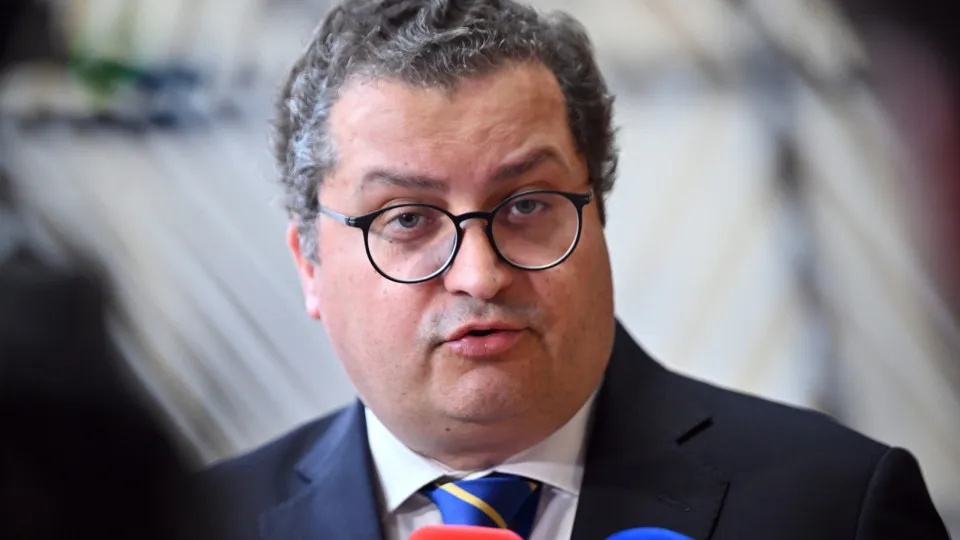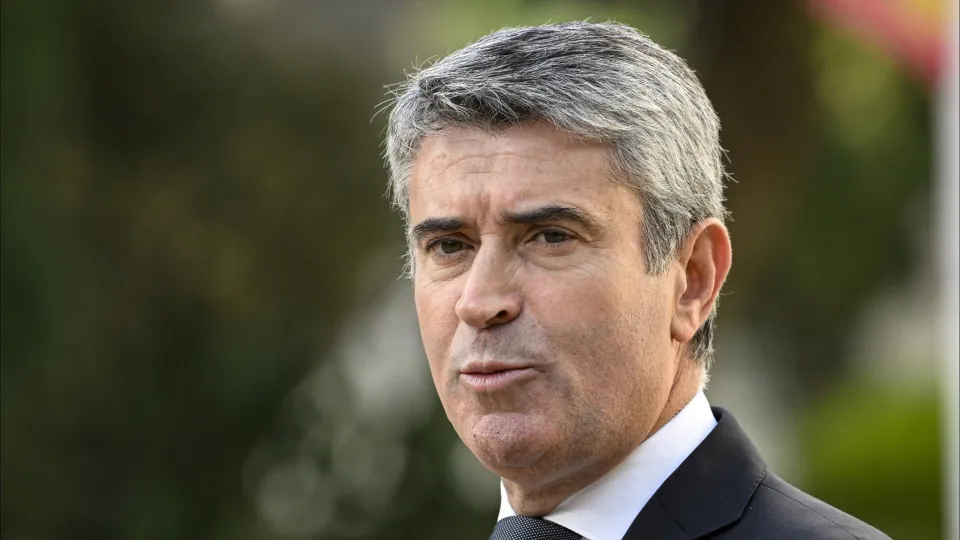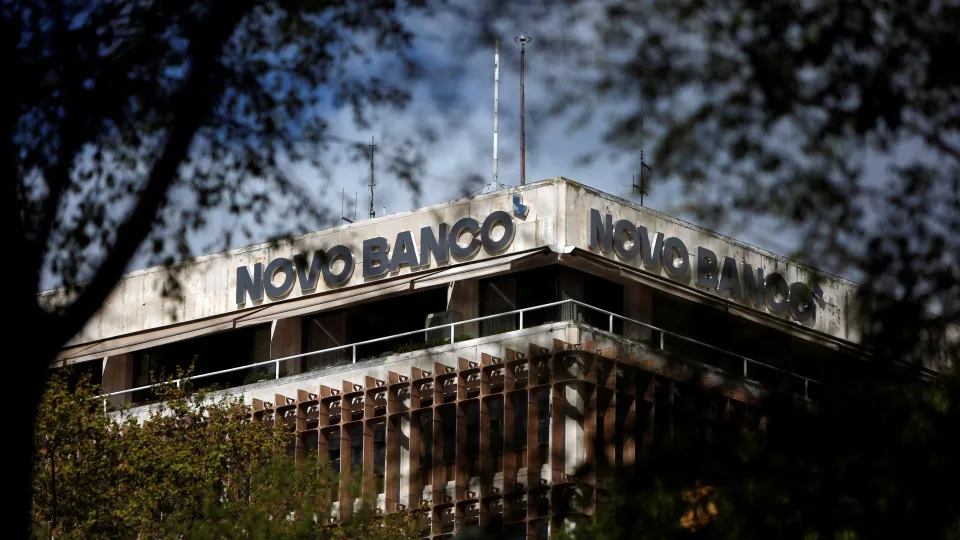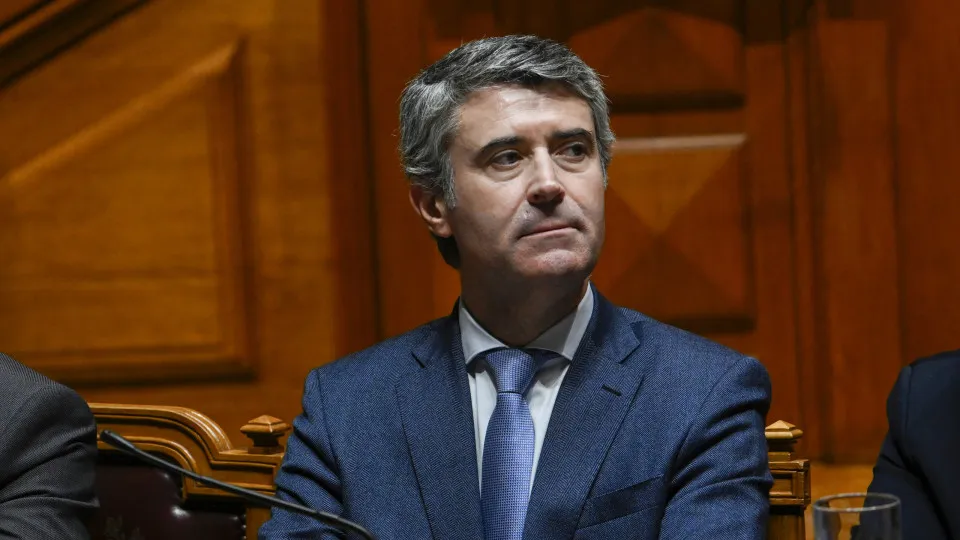
“We need to continue supporting Ukraine. The war is in a very difficult situation again, and any concession to Russia would be a defeat for Europe. The proposal presented by the Commission […] to use the frozen Russian assets for loans to Ukraine is a proposal that the Portuguese government supports, from a generic standpoint,” said Finance Minister Joaquim Miranda Sarmento.
Speaking to Portuguese journalists in Brussels after a meeting of EU Finance Ministers, Sarmento noted that this is “a complex issue” with “some technical aspects still to be resolved,” as Belgium demands clear guarantees and commitments from other European countries.
The value of frozen Russian assets available for use in these reparation loans—Treasury and corporate bonds that matured and are now in deposits—amounts to about 170 billion.
Since each member state would provide a guarantee for this loan proportional to its GDP compared to the European GDP, for Portugal, this would amount to “about 2.5 billion euros in guarantees,” which “do not affect public accounts, balance, or debt,” Joaquim Miranda Sarmento explained.
“The Commission’s idea is to lend this amount to Ukraine, using these assets as collateral, and when Russia pays war reparations to Ukraine, these reparations serve for Ukraine to pay back the loan. However, there is a problem: the entity conducting this operation, designated by Euroclear and based here in Belgium, must naturally have guarantees that if war reparations are not provided and for some reason, the Russian assets need to be unfrozen, it can secure the loan and not lose capital.”
However, “this would have to be done in six weeks, and it is not easy to mobilize guarantees and for states to suddenly have this amount available in six weeks,” he added.
The European Commission proposed today to arrange funds to help Ukraine through a joint EU debt issuance, individual national loans, or a loan repaid by Russia after paying reparations.
For the European executive, the reparations loan is, however, the most effective way to ensure Ukraine’s financial needs for 2026 and 2027.
This opinion is shared by Portugal, with the Finance Minister calling it a “compromise and reasonable solution.”
Regarding the possible issuance of common debt, Joaquim Miranda Sarmento expressed support for this initiative, similar to the one undertaken to finance the Recovery and Resilience Plans, to fund community priorities.
“Solutions exist, they have difficulties, a path must be followed, but I believe it does not occur to anyone at the table, no European political decision-maker, to stop supporting Ukraine and let Ukraine run out of funds by March or April, which would prevent it from continuing to respond to Russian aggression,” he stated.
The reparation loan proposal raises legal reservations, as it could resemble expropriation without any provision for confiscation, and financial ones due to euro stability.
The expectation of the European executive is to present a solid proposal this month, to receive approval from EU leaders in December, and have this mechanism operational in April 2026.




